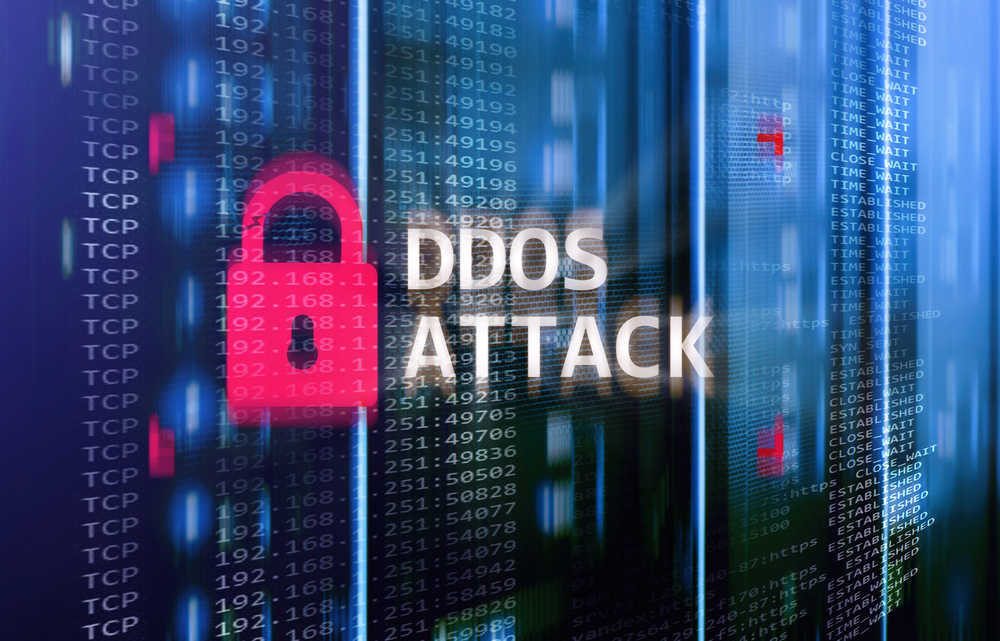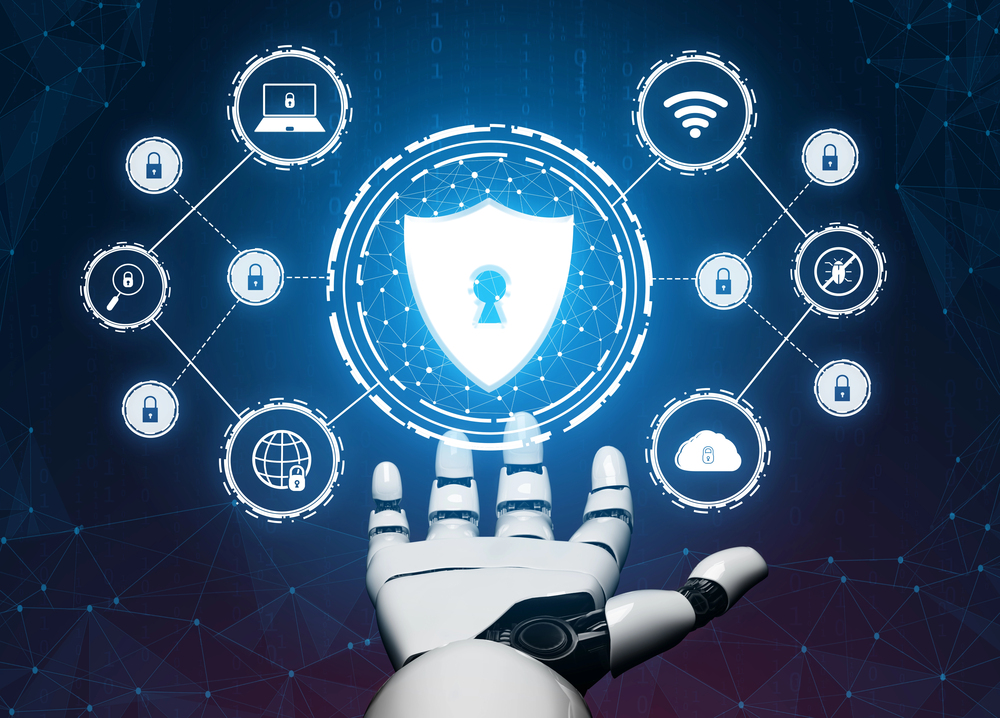
CISOs under pressure to keep data secure during AI rollouts without harming growth
IT leaders are optimistic about the value AI can deliver, but readiness is low. Many organizations still lack the security, governance and alignment needed to deploy AI responsibly.
A new study by the Ponemon Institute for OpenText finds 57 percent of CIOs, CISOs, and other IT leaders rate AI adoption as a top priority, and 54 percent are confident they can demonstrate ROI from AI initiatives. However, 53 percent say it is ‘very difficult’ or ‘extremely difficult’ to reduce AI security and legal risks.

Students expect tougher digital identity protection
As students head back to university and college and engage with more digital platforms than ever, new research shows today’s tech-savvy demographic is sounding the alarm on digital identity protection as AI-generated scams surge.
The 2025 Online Identity Study from Jumio shows students globally are both early adopters of generative AI, with 70 percent using AI to create or modify images, but also the group most exposed to its risks.

DDoS attacks dominate threats to critical infrastructure
New research from NETSCOUT looking at the DDoS attack landscape shows that this method has evolved into a precision-guided weapon of geopolitical influence capable of destabilizing critical infrastructure.
Based on monitoring of more than eight million DDoS attacks globally in the first half of 2025, the study shows hacktivist groups like NoName057(16) have orchestrated hundreds of coordinated strikes each month, targeting the communications, transportation, energy, and defence sectors.

How do you know if you’re dealing with a human or a bot? [Q&A]
If you’ve seen ‘Blade Runner’ you’ll know how difficult it can be to determine if someone is human or not. While that was fiction it’s worth remembering that it was set in 2019.
In 2025 and in the real world it’s becoming increasingly difficult to tell humans from bots in the online world. AI-powered bots, nearly indistinguishable from humans, are multiplying rapidly. This presents a growing nightmare for headhunters, security officers and more. We spoke to Terence Kwok, founder and CEO of blockchain identity platform Humanity Protocol, about the challenge of verifying humanity online.

Attackers weaponize workplace communication to install remote access tools
An ongoing phishing campaign is targeting organizations across multiple industries, using
sophisticated social engineering tactics to convincingly impersonate well-known
videoconferencing platforms and deploy ConnectWise ScreenConnect for unauthorized remote
access.
The research from Abnormal Intelligence reveals that unlike traditional credential-harvesting attacks that steal login information, this campaign deceives targets into downloading legitimate remote monitoring and management (RMM) software, granting cybercriminals complete control over end-user devices.

Financial sector faces surge in cyber threats
New research shows institutions in the financial sector experience up to 300 times more cyberattacks than other sectors, with large banks reporting 45 percent of their employees susceptible to phishing attacks.
The study from KnowBe4 reveals almost all (97 percent) of major US banks experienced third-party breaches in 2024, while targeted intrusions against financial institutions increased by 109 percent year-on-year.

Exaforce brings AI to the security operations center
Today's security operations center has to deal with a relentless flood of telemetry from IaaS, SaaS, identity providers, endpoints, and email providers. While AI can help many existing solution focus only on a small portion of SOC challenges.
Exaforce is launching its agentic security operations (SOC) platform, combining AI-native capabilities for the entire SOC lifecycle alongside a fully managed MDR service. It aims to employ agentic AI across the entire security operations lifecycle, spanning threat detection, alert triage, investigation, threat hunting, and response.

Human risk and Gen AI-driven data loss top CISO concerns
As cyber threats become more frequent and complex, CISOs are increasingly concerned about their organization’s ability to withstand a material attack. 76 percent feel at risk of experiencing a material cyberattack in the next 12 months, yet 58 percent say they are unprepared to respond.
The latest Voice of the CISO report from Proofpoint surveyed 1,600 global CISOs across 16 countries and finds human behavior remains a critical vulnerability, with 92 percent attributing at least some data loss to departing employees.

UK Online Safety Act sparks greater privacy awareness
The UK’s Online Safety Act has already led to controversy in a number of areas, but it seems that, on a positive note, it may have helped drive a growing level of privacy awareness among internet users.
New research from AstrillVPN shows a surge in searches related to privacy tools. Data breach checker ‘Have I Been Pwned’ has topped the list of the UK’s most searched online privacy tools, receiving an average of 67,542 monthly searches.

Off-the-shelf tools make life easier for phishing attackers
New research from Fortinet’s FortiGuard Labs highlights a recently identified phishing campaign that uses carefully crafted emails to deliver malicious URLs linked to convincing phishing pages.
These pages are designed to entice recipients into downloading JavaScript files that act as droppers for UpCrypter, malware that ultimately deploys various remote access tools (RATs).

Maximizing value from Microsoft 365 [Q&A]
Many organizations have now adopted Microsoft 365 as a central part of their office service provision. But are they getting the most out of the software that they’re paying for?
We spoke to Vadim Vladimirskiy, CEO of Nerdio, about how businesses can use more than just the big services and why it’s important to understand sizing and bolt-ons in order to extract maximum value from their M365 investment.

Chatbots account for over 58 percent of all AI tool traffic
Over the year from August 2024 to July 2025 the top 10 AI chatbots collectively pulled in 55.88 billion visits, accounting for 58.8 percent of all AI tool traffic.
Within this group, ChatGPT is the undisputed leader, drawing 46.6 billion visits (up 106 percent year-on-year) and holding 48.36 percent of the entire AI tools market share.

Boards should bear ultimate responsibility for cybersecurity
A new State of the Security Profession survey from The Chartered Institute of Information Security (CIISec) shows that 91 percent of the profession believe ultimate responsibility for cybersecurity lies with the board and not security managers or CISOs (just 31 percent).
The survey focused on regulation in the light of a wave of major regulations either recently passed or coming into force -- including the EU AI Act, DORA, NIS2 and the UK’s Data (Use and Access) Bill.

The challenge of moving AI from prototype to production [Q&A]
More organizations are turning to AI to assist in their digital transformation efforts, but many projects get stuck in the pilot phase.
That’s not necessarily a sign of failure though. Rather, it reflects that AI is still in its formative stage, with its most transformative impact still ahead. We spoke to Nadav Eiron, SVP of cloud engineering at Crusoe to learn more about how AI can transition from experimentation to integration, and from potential to permanence.

Insider threats become more effective thanks to AI
Artificial intelligence is making insider threats more effective according to a new report which also shows that 53 percent of respondents have seen a measurable increase in insider incidents in the past year.
The survey, of over 1,000 cybersecurity professionals, from Exabeam finds 64 percent of respondents now view insiders, whether malicious or compromised, as a greater risk than external actors. Generative AI is a major driver of this, making attacks faster, stealthier, and more difficult to detect.

